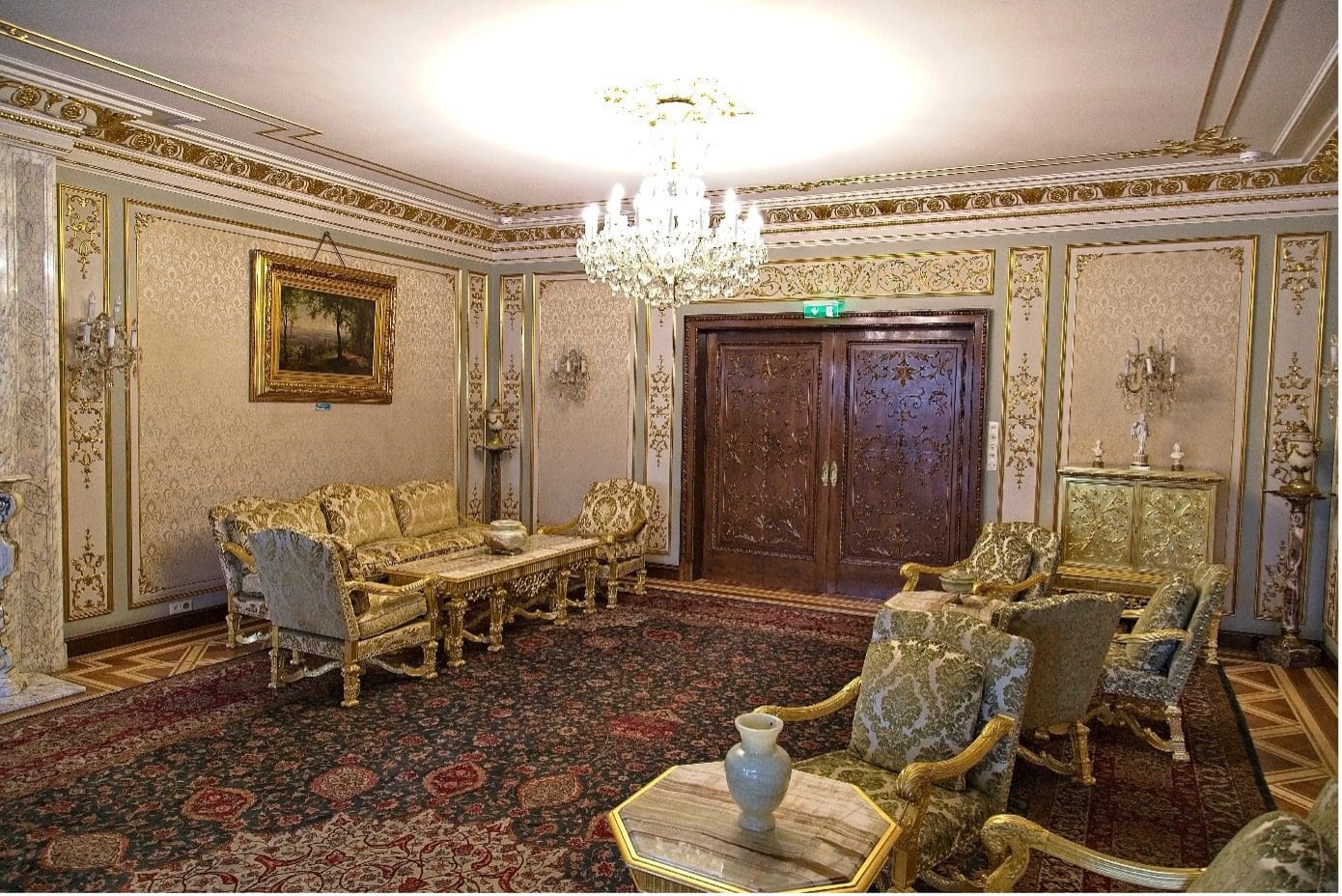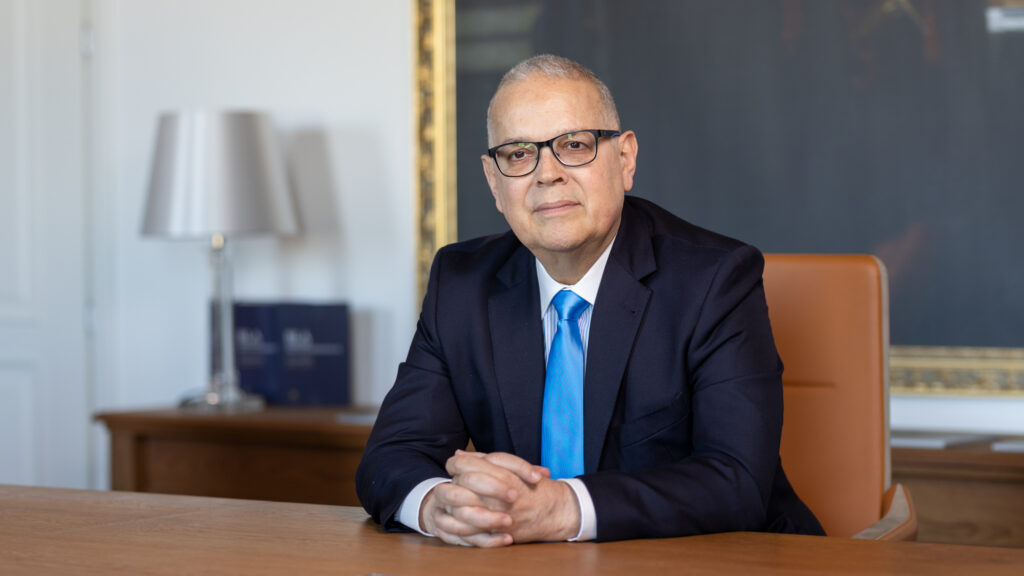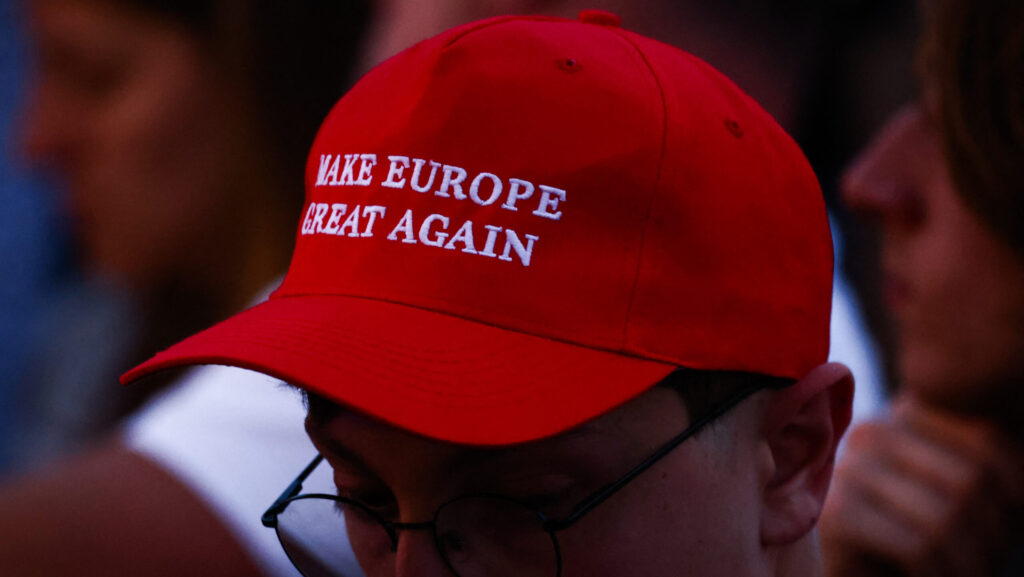There is a certain myth about the necessity as well as the possibility of eliminating or substantially reducing inequality in Marxism-inspired thinking and political systems. However, the arguments in favour of eliminating or substantially decreasing inequality do not seem to take into account the variety of forms in which inequality (or, rather, inequalities) may occur. In this article we further investigate the persistence of inequalities under state socialism to demonstrate that it is not only impossible to eradicate inequality, but that inequality is a phenomenon far too complex for any single ideology to single-handedly address.
In today’s democratic capitalism there is a lot of discussion about privileges and how having access to “more”privileges provides advantages to certain groups. That is to say that our societies are concerned primarily about the inequality of privileges. While privileges may indeed have an impact on people’s quality of life today, under state socialism that was even more the case. The most privileged groups of state socialism had a substantially better life than the rest. Extreme forms of this privileged access to a better quality of life (or luxury) are demonstrated by, for instance, the example of Leonid Brezhnev, the general secretary of the Soviet Communist Party, whose private car pool included a Rolls Royce, a Mercedes, a Cadillac, a Lincoln Continental, a Monte Carlo, a Matra, as well as a Lancia Beta.[1] Another example of privilege-informed inequality under state socialism is the Ceausescu Palace (also known as the Spring Palace) which used to be the official residence of the Romanian dictator Ceausescu and his wife Elena between 1965-1989. The property is surrounded by 14,830 square meters of land;[2] the palace has 80 elegant rooms (see cover picture), with luxurious chandeliers hanging from the ceiling, and with carpets worth €300,000 covering the walls.[3]
While privileges may indeed have an impact on people’s quality of life today, under state socialism that was even more the case
Clearly, Brezhnev with his luxurious Westerns cars was on the better end of the privilege inequality spectrum than an average Hungarian household that had to wait for years to get an Eastern-German-made Trabant or a Soviet-made Zhiguli. By the same token, the Ceausescu family also enjoyed by far more privileges in their luxurious mansion than the average Romanians, who were put on a low-calorie diet and were not allowed to properly heat their homes. While the extreme examples of Communist leaders Brezhnev and Ceausescu indeed demonstrate how privilege inequalities were present in state socialism, their privileged access to luxury is still fundamentally a type of economic inequality – and here I would like to argue that there were deeper, more fundamental inequalities than simple economic ones in the Eastern bloc’s societies.
Inequality of privileges resulted in an inequality of free time, entertainment opportunities, health conditions and lifespan
The inequality of privileges determined the lives of citizens living under planned economies in many ways – and not just economically. While an average Soviet housewife queued two hours a day,[4] seven days a week to be able to purchase all the essentials for her family, a party member, a member of the Nomenklatura had a much easier access to products, and did not need to queue at all. Which essentially means that the privileged members of state socialist societies had more free time. Privileged individuals enjoyed not only more free time, but also had a much wider variety of entertainment opportunities available to them. They had access to more vacation, to better quality hotels and housing as well as to (more frequent) trips abroad. In case they got sick, they also had access to better quality healthcare, without queuing, or paying informally. For instance, in the Soviet Union, prestigious institutions like the Academy of Sciences, the Bolshoi Ballet or the Opera Company had their own healthcare facilities which provided a much higher quality care than the average Soviet hospital.[5] What follows is that privileged members of the Academy of Sciences for instance enjoyed better health and had better chances to get well in case they fell ill, so all in all they had better chances of living longer. In short, inequality of privileges resulted in an inequality of free time, entertainment opportunities, health conditions and lifespan.
Since the Party also had an influence on admissions to university, preferential treatment could be given to the ones most loyal to the regime, providing them with better education. Easier access to higher education for the loyal, politically well-connected is yet another example of how privilege inequality (based on loyalty to the regime) impacted people’s chances in life under state socialism. While taken individually these sources of inequality may not seem so significant, when taken together it is clear that the most privileged members of state socialism enjoyed a better quality, more comfortable life; they earned their privilege by being loyal to the state, and not through their personal attainments, skills or merit. Therefore, I would argue that inequality based on loyalty or lack of loyalty to an ideology is worse than inequality which is largely based on merit (the latter being the characteristic of free market, meritocratic societies).
Apart from the ones listed above, there were many other forms of inequality which were thriving under state socialism. Inequality of happiness, or more broadly speaking, of personal welfare, inequality of physical appearance were obviously all present – while some of these forms of inequality may be influenced by our material conditions, too (the form of inequality emphasized by traditional Marxist thought), none of them are fully determined by it. Which means that even if income inequality is fully eliminated (whatever that might mean or imply) people will still diverge in their perceived welfare, state of health and happiness. Which raises yet another question about the focus of Marxism (and Marxism-inspired systems) – is the emphasis on economic inequality over other forms of inequalities legitimate (assuming that the focus on inequality is correct)? The answer is probably no. An overwhelming emphasis on economic inequality misses the point of how complex the nature of inequalities is, and the fact that various forms of inequality are integral parts of our life – this is the reason why state socialism was not (and could not have been) successful in eliminating or even significantly reducing inequality.
An overwhelming emphasis on economic inequality misses the point of how complex the nature of inequalities is
[1] David R. Henderson, Robert M. McNab, Tamás Rózsás, ‘The Hidden Inequality in Socialism’, The Independent Review, Vol. 9, No. 3, 2005, p. 396.
[2] Ceausescu Palace – The home of the former Romanian dictator’, Rolandia, https://rolandia.eu/en/blog/places/ceausescu-palace-the-home-of-the-former-romanian-dictator, accessed 6 June 2022.
[3] Kit Gillet, ‘The ghosts of Bucharests past: a tour of the Spring Palace’, Lonely Planet, (2016), https://www.lonelyplanet.com/articles/the-ghosts-of-bucharests-past-a-tour-of-the-spring-palace, accessed 6 June 2022.
[4] The Hidden Inequality in Socialism, p. 394.
[5] The Hidden Inequality in Socialism, p. 400.








